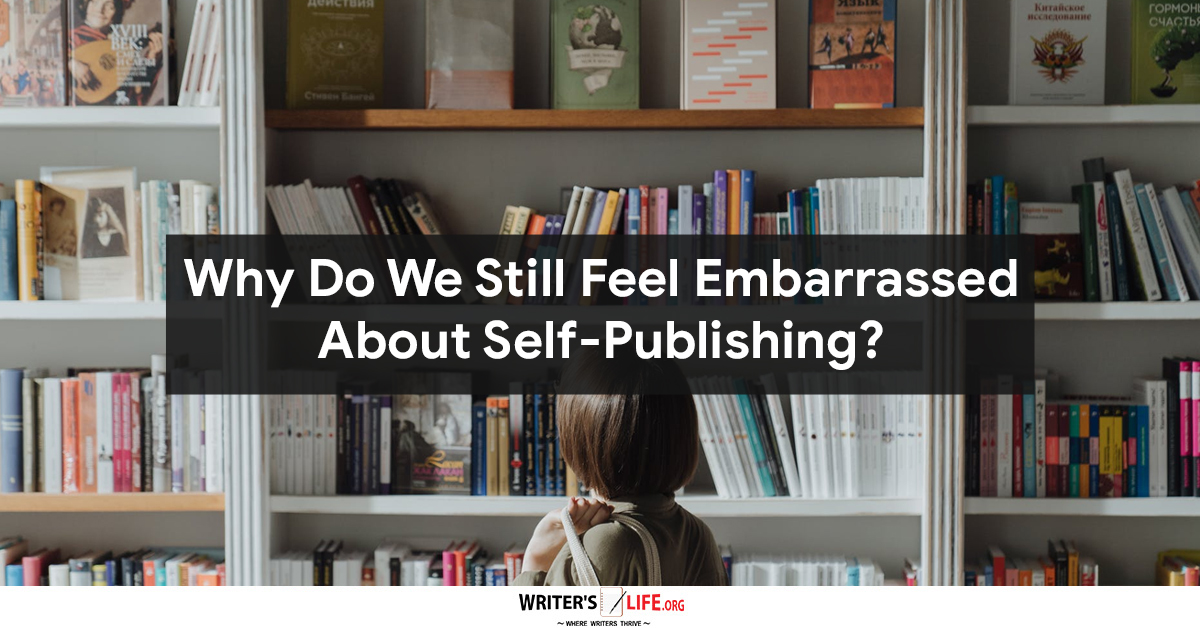- How To Tackle Jealousy In Creative Writing
- Common Submission Mistakes
- How To Stop Your Blog Becoming Boring
- The One Thing Every Successful Writer Has In Common
- How To Make Yourself Aware Of Publishing Scams
- Why Almost ALL Writers Make These Grammar Mistakes At Some Point
- 5 Tips For Authors On How To Deal With Rejection
- Top Mistakes to Avoid When Writing a Novel
- How to Avoid Common New Writer Mistakes
- 10 Mistakes New Fiction Writers Make
Why Almost ALL Writers Make These Grammar Mistakes At Some Point

Grammar is a tricky beast. There are so many different rules to follow and elements to remember that often when you start to focus on correcting your grammar you can begin to question everything that you once knew.
Words that you were confident you knew how to spell look foreign, apostrophes misplaced and don’t get us started on the dreaded comma!
One of the most important parts of being a writer is understanding how to present a piece of work, be it an article for a newspaper or magazine publication or your finished novel to a publishing house. Ensuring your work is error free is a challenge, and let’s face it, we are all human.
However, if you can keep an eye out for the most common grammar mistakes and make sure you don’t fall into their trap, then you have a good chance of preventing grammatical errors from happening. See if any of these resonate with you!
1)They're vs. Their vs. There
It can be so easy to get this wrong, particularly if you are rushing through a piece of work to meet a deadline. ‘They’re’ is shortened version of ‘they are’ while ‘their’ refers to something owned by a group ‘their house’ for example. ‘There’ is a place e.g. ‘it’s over there.’ While this might be basic stuff, it is easy to get in a muddle and crucial to understand the difference between the three and to check your work thoroughly to make sure you haven’t misplaced one.
2) Incomplete Comparisons
If you’ve ever used a Grammar Checker, you are likely to see this one coming up a lot. If you compare something, it needs to be clear what you are comparing it with. ‘This one is better’, for example, is an incomplete comparison, because we don’t know what it is better than.
3) Passive Voice
Another easy mistake to make is using the passive voice. You use the passive voice when you put the object of the sentence at the beginning rather than at the end. The passive voice is easy to do and difficult to correct, but watch out for it as using it means sentence construction lacks clarity, and your writing is less tight and engaging.
4) Me and I
People often assume that using ‘I’ is the correct, politer, more refined language in every situation, but that isn’t always the case. Take a look at the following:
'When you have finished with the examination, can you send the notes to Sue and I?'
Does that sound right to you? Well, it isn’t.
If you removed Sue from this scene and just asked for the notes yourself, you wouldn’t write, or indeed say ‘can you send the notes to I?’ you would say ‘can you send the notes to me?’
A handy way of thinking about when to use 'me' and when to use 'I' if you are ever unclear.
5) i.e. vs. e.g.
This is a complex rule to remember, but very useful to know, particularly when writing articles, or query letters.
These two terms are not interchangeable and in fact, mean two entirely different things. i.e. is loosely translated as ‘in other words’ or ‘in essence’ while, e.g., comes from the Latin exempli gratis and means ‘example given’. If you think about it this way you only use, i.e., if trying to clarify your point, where an actual example should follow if you use e.g.
These five examples are some of the most common grammar mistakes people make. Ensure you look out for these when checking your writing, and this will give you the best chance of sending in an error-free piece of work!






















7 Comments